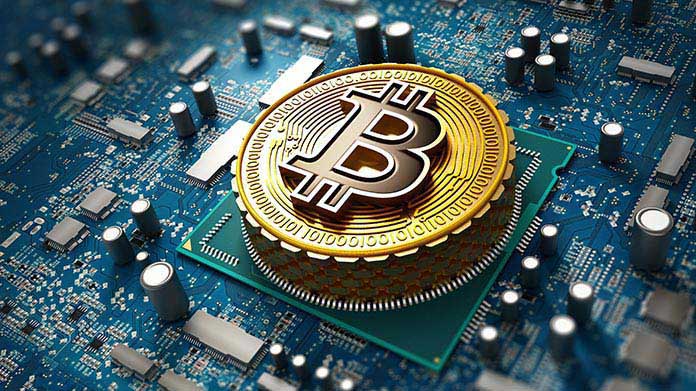
A rising issue addressed by the special incentives provided by bitcoin miners. With 40 million tonnes of e-waste produced each year, bitcoin miners are trying to find a solution to an increasing problem. Those acquainted with the “energy waste” and “carbon dioxide emissions” storylines surrounding Bitcoin mining are likely to be familiar with this one. “It is a waste of energy!” “It’s a source of carbon dioxide emissions!” Bitcoin represents a one-of-a-kind, and horrific onslaught on the environment on a scale that has never before sees in humanity’s civilization. Before we move on with our guide, please register yourself on click here, and learn to trade with one of the best bitcoin trading applications.
However, the focus of the “Bitcoin is anti-environmental” argument is increasingly shifting to “e-waste,” rather than bitcoin. It is nothing new in the framework of environmental narratives as a whole. It is a very genuine pollution issue in consumer cycles associated with electronic gadgets with worthy causes. However, this is an issue that predates the invention of Bitcoin, and, like with energy consumption tales, Bitcoin adds just a tiny portion of the total burden of the problem. That is 0.075 % of the total amount of e-waste generated each year. Hopefully, you can see that, similar to the myths that have surrounded Bitcoin about its electricity use, the impact of Bitcoin on this broader social issue is a statistical outlier that cannot ignore.
Electronic gadgets account for seventy % of all hazardous waste generated by human beings. As an example, consider how often you change your smartphones, televisions, and desktop displays. Every year on Black Friday, people line up outside retail establishments to get a bargain on the year’s newest plasma model, which is usually on sale. It is an issue with consumerism, not a matter with Bitcoin.
The only true answer to this problem is for people to change their purchasing habits and habits. That is part of a broader social debate about avoiding purchasing things you don’t need, reusing still in good working order, and generally thinking with a lower time preference attitude. There are several factors that, in my view, have already ensured that customers of Bitcoin miners will be at the vanguard of this behavioural shift.
How Do Integrated Circuits Complete Their Role?
In other words, all integrated circuits in contemporary computing are essentially bundles of transistors connected in a course to create logic gates. Transistors are simply black boxes that accept a current and output another currency based on the input.
When a current (the data) flows through a logic gate, it organizes physically to conduct mathematical operations on the current (the information) to get a result. This foundation serves as the basis for literally any processing that takes place on your computer. Circuits are just a slew of these gates that allow vast groups to execute more complex computations parallel.
The problem is, once you start smashing transistors together too closely together, you begin getting electrical interaction across silicon chips. It means that a charge bubbling through one switch could potentially tamper with a responsible current that flows through the MOSFETs next to it, resulting in a calculation error.
It has necessitated the entire redesign of transistors’ shapes and physical structures to avoid this when they are packed closer together on the circuit. Before tying this all together and relating it to the “mining e-waste problem,” there’s one more item to go over: Because of the high cost and complexity of the manufacturing process required to etch these tiny transistor patterns onto silicon chips, it recommends.
This kind of “shift” in conduct is the default behaviour for mineworkers regarding their equipment. Considering all of this and how difficult, expensive, and time-consuming it has become to produce lower nanometer chips, consider the following question. Is Bitcoin an evil machine damaging the earth with no care for the consequences, or is Bitcoin solving the ecological problems that all manufacturers face faster than just about any other economy on the planet? We are hopeful that you understand our guide on how bitcoin is helping when it comes to solving the e-waste problem.











